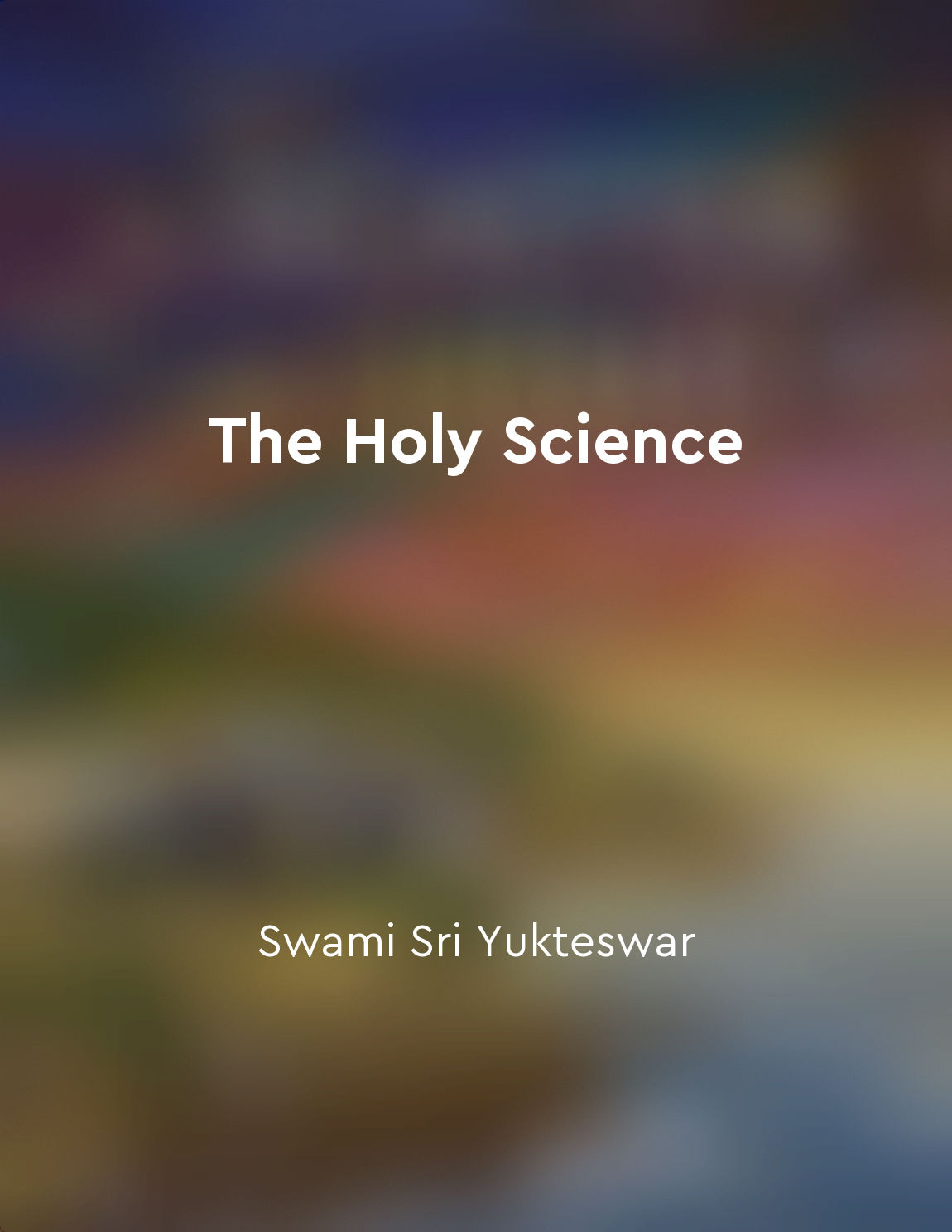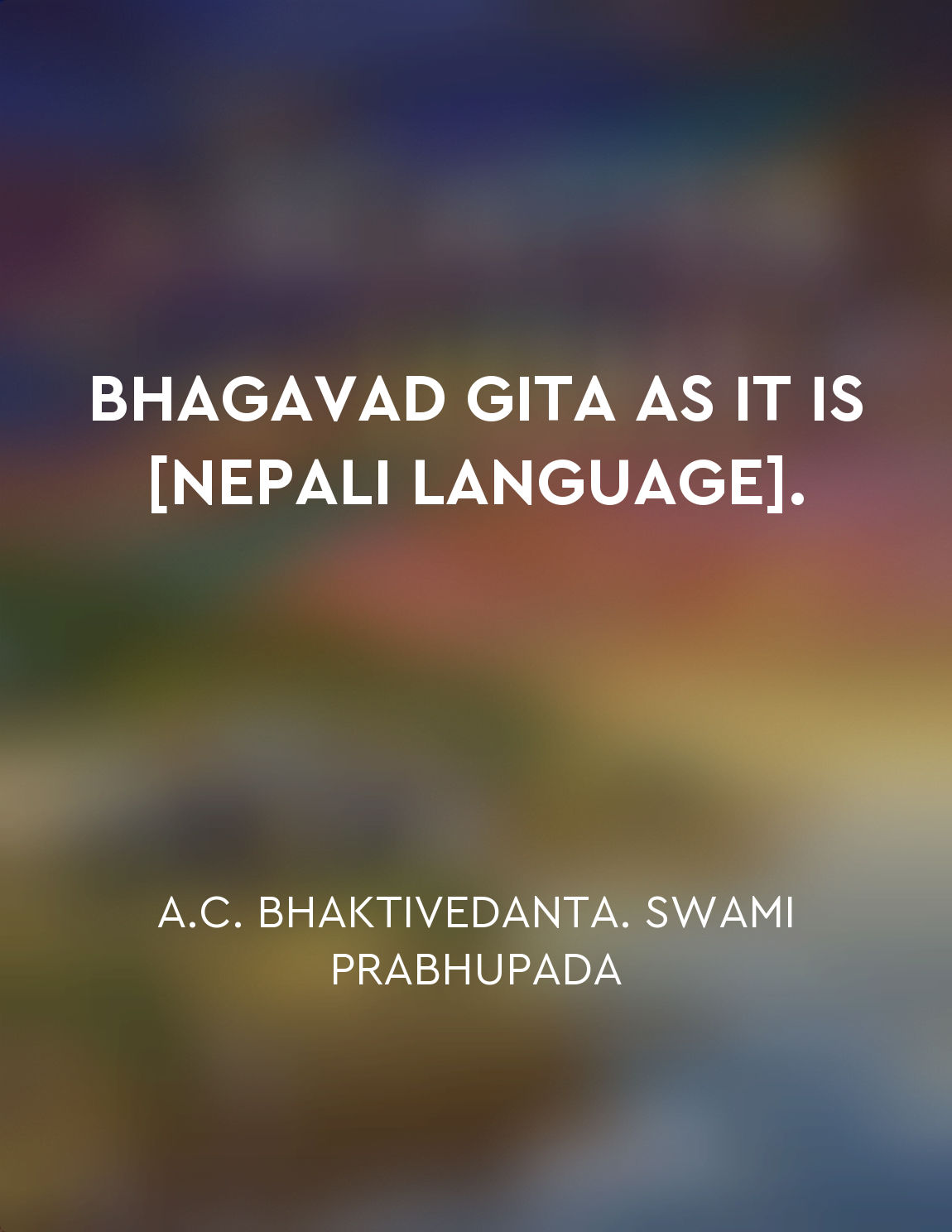The tradition of questioning and debate is essential in Hinduism from "summary" of Why I Am a Hindu by Shashi Tharoor
The idea that questioning and debate are integral to Hinduism is deeply rooted in the fabric of our faith. From the earliest scriptures to the modern-day practices, the tradition of challenging assumptions and exploring different perspectives has been a cornerstone of Hindu thought. In the ancient texts, we find numerous instances of sages and scholars engaging in debates to seek the truth. These discussions were not just about winning arguments but about arriving at a deeper understanding of the world and our place in it. The Rig Veda, one of the oldest texts in Hinduism, is filled with hymns that express doubt and uncertainty, reflecting the human quest for knowledge and meaning. The concept of "neti neti" or "not this, not that" in the Upanishads encourages us to question our preconceived notions and look beyond the surface to discover the ultimate reality. This spirit of inquiry has driven the development of various philosophical schools within Hinduism, each offering a unique perspective on the nature of existence and the divine. The Bhagavad Gita, a revered text in Hindu philosophy, presents a dialogue between Lord Krishna and Prince Arjuna, in which the prince raises profound questions about duty, morality, and the nature of the self. Through this conversation, we see how questioning can lead to enlightenment and a deeper connection with the divine. Even in our everyday practices, we see the importance of debate and discussion. The guru-shishya tradition, where a teacher imparts knowledge to a student through dialogue and debate, exemplifies the value we place on critical thinking and intellectual inquiry. By questioning the teachings of our gurus, we are not disrespecting them but seeking to understand the wisdom they offer more fully. In a world that is constantly changing and evolving, the tradition of questioning and debate in Hinduism continues to be relevant. It allows us to adapt to new ideas and challenges while remaining rooted in the eternal truths of our faith. This spirit of inquiry is what keeps Hinduism vibrant and alive, inspiring us to seek knowledge and wisdom wherever it may lead.Similar Posts
Religious beliefs lead to harmful and divisive behavior
Richard Dawkins argues that religious beliefs often result in harmful and divisive behavior. This is evident in the numerous in...

Be aware of your thoughts and actions
It is imperative for one to be vigilant of their thoughts and actions at all times. Our thoughts are like seeds that eventually...

The importance of understanding one's dharma
In the Bhagavad Gita, Lord Krishna emphasizes the importance of understanding one's dharma, or duty. He explains that every ind...

Respecting and honoring spiritual teachers
Respecting and honoring spiritual teachers is an essential aspect of spiritual life. The Bhagavad Gita emphasizes the importanc...
The concept of unity in diversity within Hinduism
Hinduism is a religion that encompasses a vast array of beliefs, practices, and traditions. One of the central ideas within Hin...

The significance of devotion and surrender
The Bhagavad Gita emphasizes the importance of devotion and surrender as essential qualities for spiritual growth and realizati...
Ancient Hindu scriptures hold profound wisdom
The ancient Hindu scriptures are like an ocean of wisdom, with each verse carrying profound insights that can guide us in our d...
Need for intellectual humility
The need for intellectual humility is a concept that is often overlooked in philosophical discussions. It is the recognition th...

